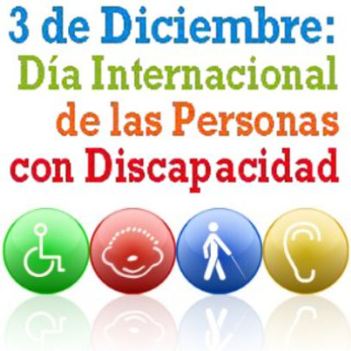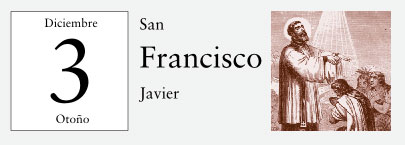INTERSECTIONALITY: ABLEISM AND PRIVILEDGE
We were working around intersectionality making some activities, as defining some concepts.
Intersectionality: It is a concept often used in critical theories to describe the ways in which oppressive institutions (racism, sexism, homophobia, transphobia, ableism, xenophobia, classism, etc.) are interconnected and cannot be examined separately from one another.
Opression: is the exercise of authority or power in a burdensome, cruel, or unjust manner.It can also be defined as an act or instance of oppressing, the state of being oppressed, and the feeling of being heavily burdened, mentally or physically, by troubles, adverse conditions or people, and anxiety.
Ableism : This is a discrimination against people with disabilities, including the expression of hate for people with disabilities, denial of accessibility, rejection of disabled applicants for housing and jobs, institutionalized discrimination in the form of benefits systems designed to keep people with disabilities in poverty, etc.
Discrimination: Is when something or someone is distinguished from someone or something.
Privilege : It could be a right or benefit that is given to some people and not to others, a special opportunity to do something that makes you proud and/or the advantage that wealthy and powerful people have over other people in a society.
Analysis of sources:
CIS questionnaire: Is a questionnaire where are some questions related to discrimination experiences that you could suffer in some public places, services or the profesional field. But we can find political or economical questions as well.
How priviledged are you?: Basing in race, sex, orientation, gender, religion, status, disability etc. how you feel yourself,discriminates, in oppresion or priviledge.
Priviledge form: It's very similar to the previous one, here are questions related with your race, sex, orientation, gender, religion, status, education etc. And according to these areas, we can see how much discrimination, oppresion or priviledged a person receive.
Reflect on how privileged are you as a person and as a professional in the next future:
Based on the scores I received from both privledge quizzes and in how I feel myself, I deemed privledged. I consider myself to be privleged because of the life I live and the abundant opportunities I have, and had received. Ihave cover all the basic things which nowadays aren’t as normal as they have to be. And I feel more priviledge specially because here in Navarra we have better live than for example in Andalucia.
Also, I’m priviledge because I’m studying in the university and working and for a young peoplr it’s difficult to do it.
I strongly believe that in the future I will continue to be successful and very privledged in the profesional field.
How is my Working Group Presentation related to intersectionality?
In the case of our working group, I think that is very close to intersectionality because all of us did the work according to a foreign person. The people that we had interviewed were integrated so they don’t suffer discrimination. But in some cases when they search a job they have some difficulties because they are not Spanish.
Conclusion:
I realized that I’m very privilege first of all because of the right to study and more in the university whereevery day is more difficult to access. Also because I have a home and a place to sleep hot, things that we see very usual and normal but nowadays is a very big priviledge.
From my point of view, to be a female is an advantage even we have setbacks (as violations for example) and more things comparing with women from another countries that they haven't have to stay at home doing home care things or that they have to get marriedge very young with men that they don’t love and the sufferabuses. I feel very lucky because my family and my country give me the right to choose.
References
- http://www.oxforddictionaries.com/







 George Orson Welles
George Orson Welles





